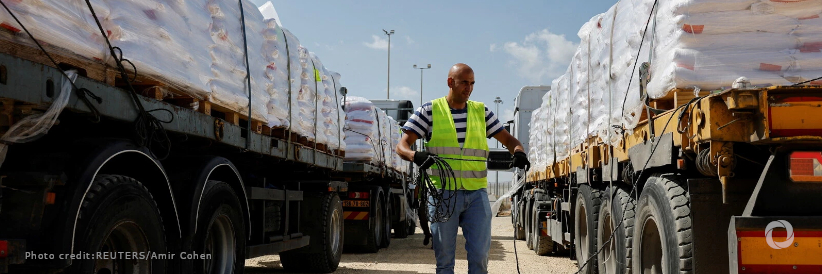A new digital customs system is transforming humanitarian logistics in Afghanistan, according to a press release from the United Nations Trade and Development (UNCTAD). In 2024, the ASYCUDA program has cut customs clearance times for relief shipments from days to hours, enabling faster delivery of food, medicine, and emergency supplies to communities in need. This change is crucial in a country where rapid aid response can save lives.
The ASYCUDA system, supported by UNCTAD, has reduced customs paperwork by 93%, allowing over 14,000 humanitarian trucks to pass through checkpoints efficiently. By streamlining the process from 14 forms to just one, the program ensures that aid agencies can move essential goods quickly and with fewer obstacles.
Beyond humanitarian shipments, Afghanistan’s digital customs upgrade is supporting local businesses, especially those led by women. Entrepreneurs like Shahgol Golzadah, who runs a textile business in Nimroz, can now export goods more easily, helping to boost local economies and create jobs. Over 150 small businesses, most of them women-led, have received training to take advantage of these new opportunities.
The digital transformation is part of a wider effort to strengthen Afghanistan’s economic resilience and recovery. Real-time shipment tracking and improved transparency are reducing costs and delays for both aid agencies and private enterprises, reflecting ongoing collaboration between Afghan authorities, UN agencies, and NGOs.
As Afghanistan continues to face economic and security challenges, these advances in customs management lay the groundwork for future growth. Continued investment in digital solutions will be key to ensuring that humanitarian aid and local businesses can thrive, even in difficult circumstances.

